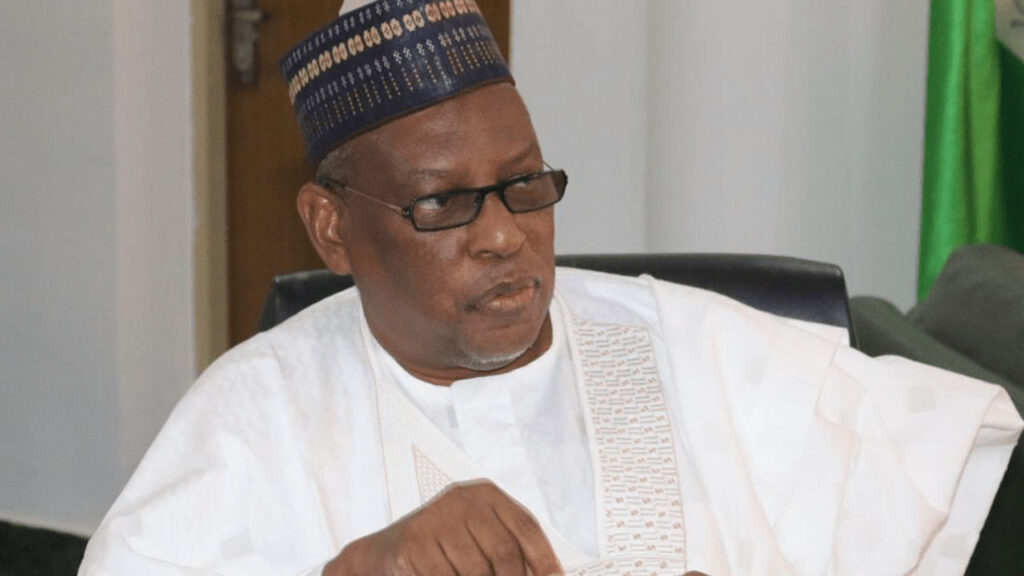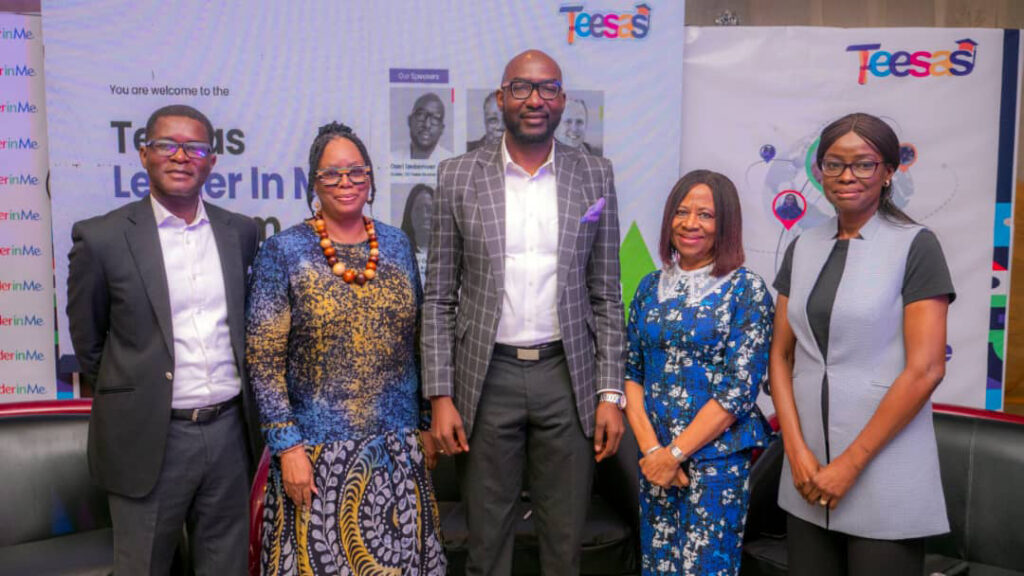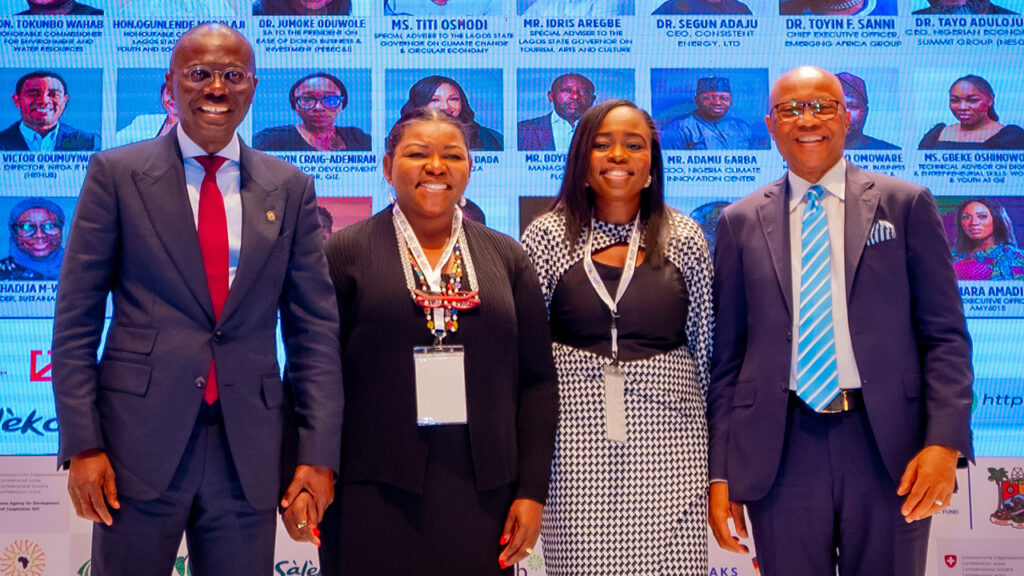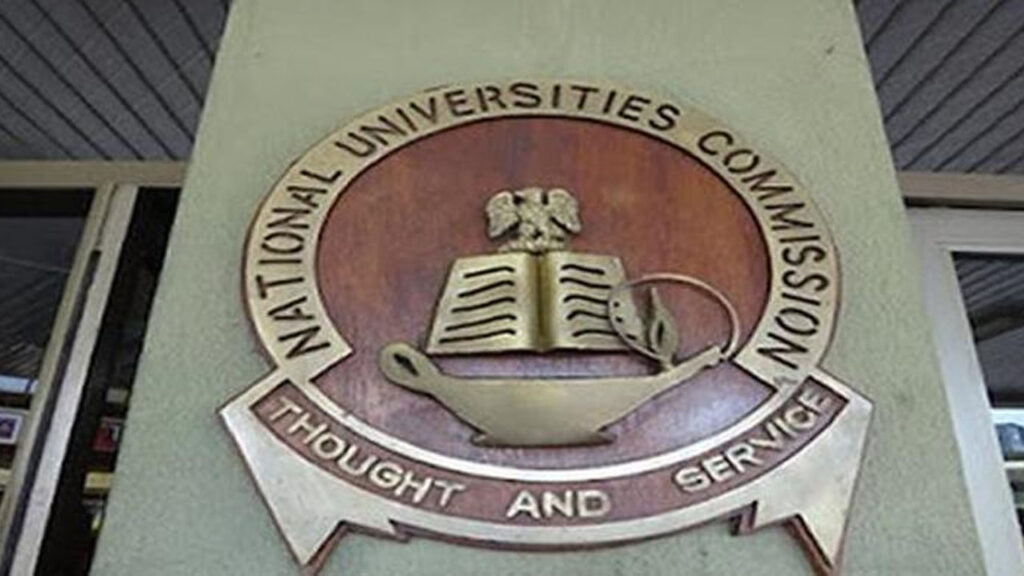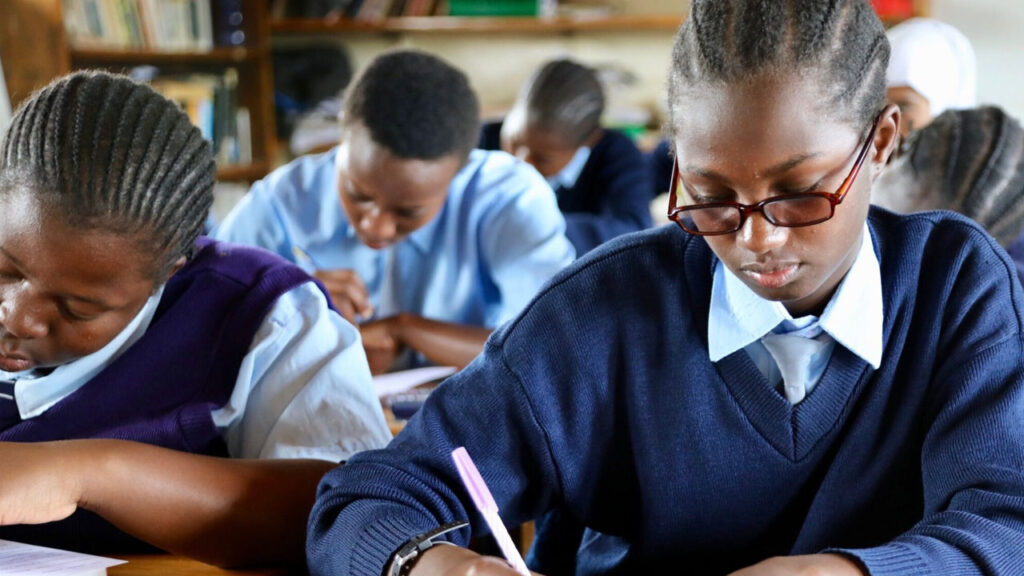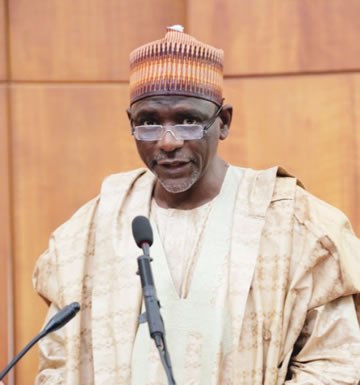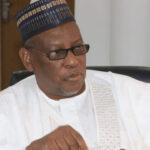
The Federal Government has commenced the implementation of the Effective School Programme (ESP) to boost smart education in Nigeria. It subsequently tasked chairmen of State Universal Basic Education Boards (SUBEB) on the implementation of the scheme aimed at improving teaching and learning conditions, as well as outcomes in schools.
Executive Secretary of the commission, Dr Hamid Bobboyi, said the programme was conceptualised to test the efficacy of minimum standards in UBE delivery and provide lessons for progressively scaling up these standards in all Nigerian schools over the next six years.
It is expected that within the period, the participating schools would progressively improve the quality of their UBE service delivery and move up the quality ladder to become not just effective, but outstanding schools in terms of quality of educational outputs.
Bobboyi, at a meeting with chairmen of SUBEBfrom the 36 states, said the distribution of instructional materials, installation of a satellite-based education system, and training of teachers would follow. He added that as the programme progresses, additional improvements would be made in the schools to meet minimum standards in basic education.
Bobboyi said: “For quite some time in our schools, we have been having problems with standards, schools that can deliver at all levels in terms of quality of teachers, teaching and learning, basic facilities, and performance of the children.
“So, two years ago, we started dialogue with SUBEBchairmen on how to re-engineer the school system starting with smart schools in each state capital, and now adding two each to expand it to one smart school per each senatorial district. The schools are equipped with modern technology and digital pedagogy.” Bobboyi also announced plans to merge the programme with e-learning centres for effectivelearning experience.
He said the implementation of the ESP would improve learning conditions and processes to produce basic education graduates with effective life skills.
The UBEC chief noted that equipping students with skills would enable them to effectively participate and compete favourably in the 21st-century knowledge economy.
He said: “As a commission, we have considered the importance of investing in improving key aspects of UBE delivery with a view to having better outcomes.This resolve prompted our drive towards reinventing the mechanisms for improved inputs and processes in the implementation of UBE activities, as this would be the safe guarantee of improved outcomes.”
The Dean of Chairmen, SUBEB, Prof. Shehu Adaramaja, said the merger of the e-learning programme with ESP would help in improving the education outcomes of Nigerian students.

